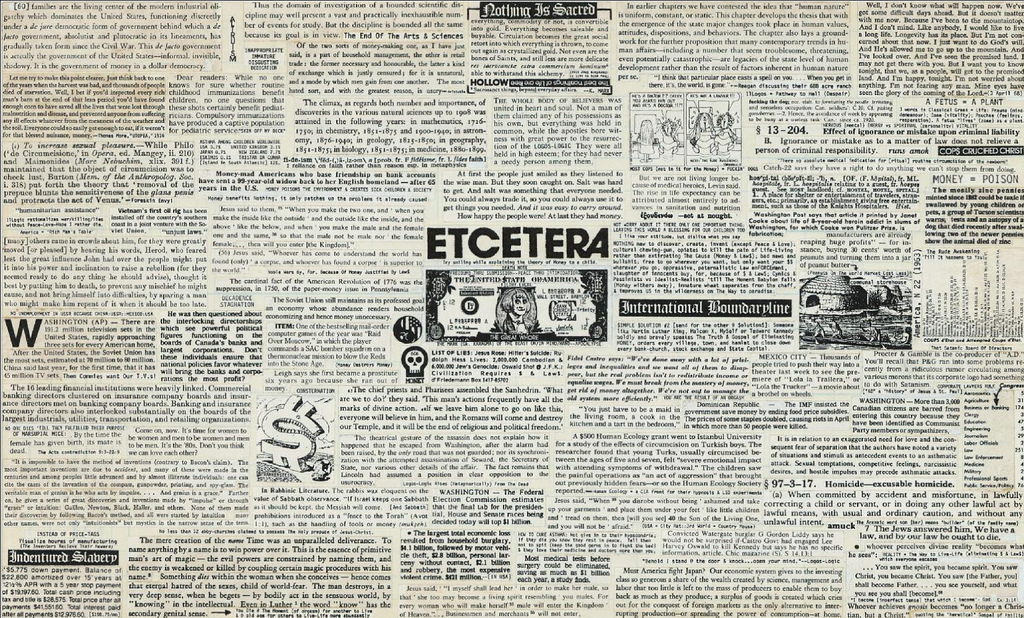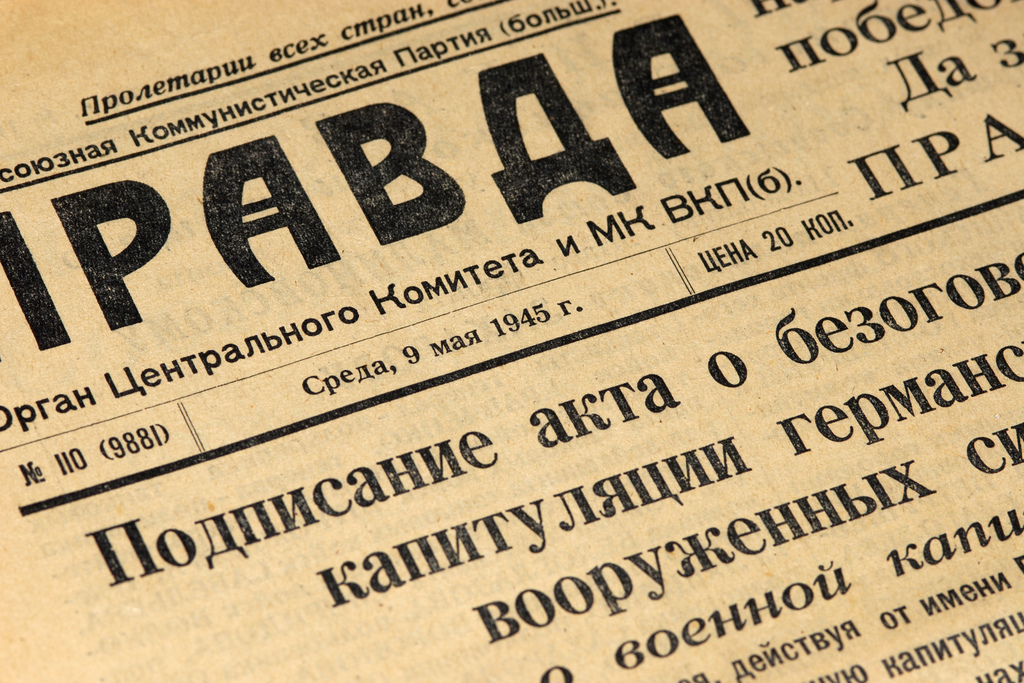Written by Mark Hurst.
In a contemporary climate dominated by fake news, political spin and online legions of anonymous figures fighting information wars, it is apparent that a question repeatedly posed may come to define the era: What information do we trust? This was at the forefront of the campaigns conducted by human rights activists during the Cold War, who sought to support persecuted prisoners of conscience by obtaining reliable and trusted information on human rights violations and using this material to petition positions of power to put pressure on oppressive governments.
Leave a Comment

